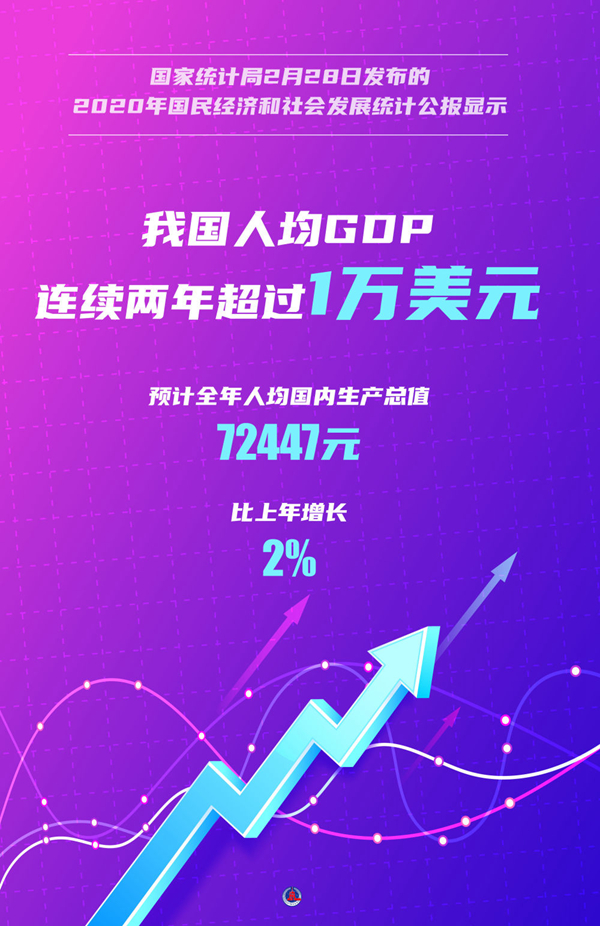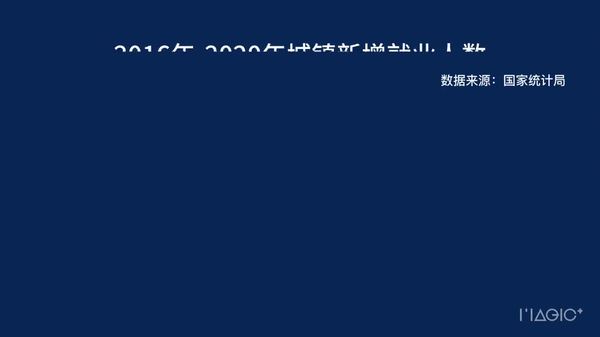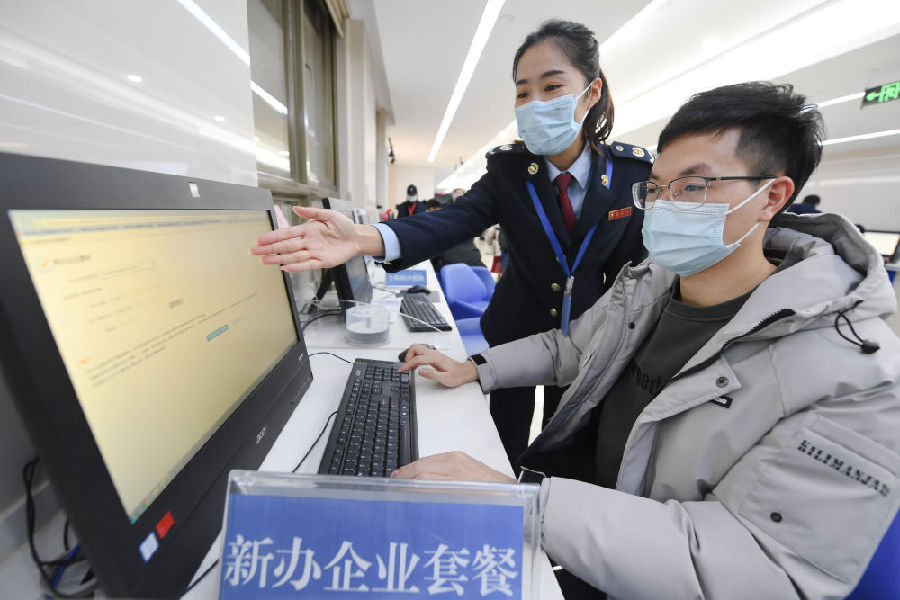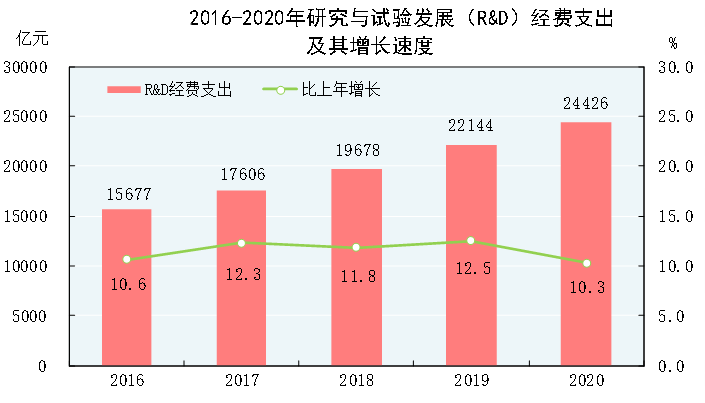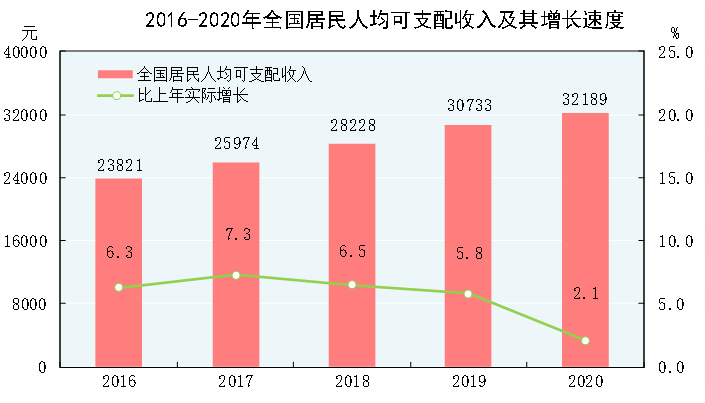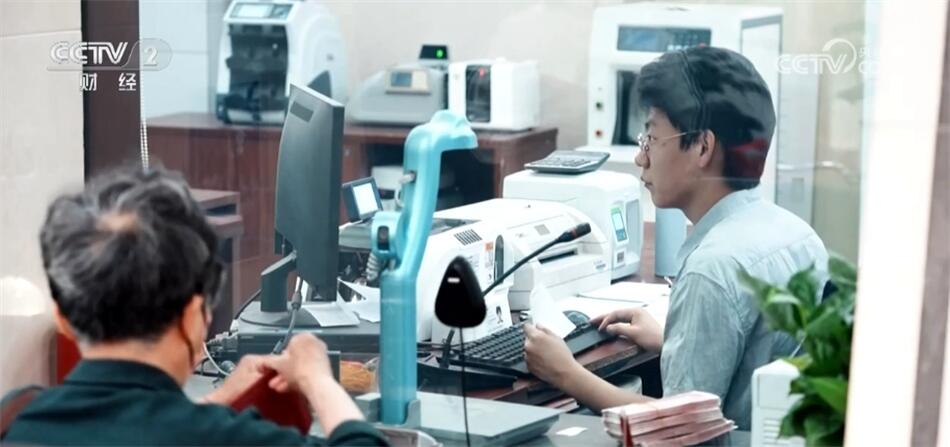Xinhua News Agency, Beijing, July 13th Title: Change, evolution, risk accumulation, tide and mighty training of new machines — — Scanning the international situation in the middle of the year
Xinhua news agency reporter
Looking back on the first half of the year, it seems that the accelerated evolution of the world situation is always impacting the nerves of the world. The United States continues to create camp confrontation on a global scale, and the Ukrainian crisis is in a long-term trend. The global economy is facing the test of low growth, and the trend of "dollarization" of the international monetary system is becoming more and more obvious. Extreme high temperatures are widespread in the northern hemisphere, warning that it is more urgent to deal with climate change. At the same time, the new development of artificial intelligence technology has driven a new round of scientific and technological revolution and accelerated industrial transformation.
A "wave of reconciliation" has set off in the Middle East, and developing countries have rapidly awakened their sense of autonomy and become more active in the international arena. At the same time, China’s diplomacy has pressed the "acceleration button" to inject more certainty and positive energy into the turbulent and changing world.
The United States continues to push up the risk of "new cold war"
At present, the domestic political polarization in the United States is getting worse and worse, and the social tear is getting worse and worse. The U.S. government attempts to pass on the domestic crisis by creating camp confrontation in the international arena, and continuously pushes up the risk that the world will fall into a "new cold war."
Since the beginning of this year, in order to safeguard hegemonic self-interest, the United States has continued to delay the war in Ukraine, forced Japan-ROK relations, and promoted military cooperation between the United States, Britain and Australia, with the intention of disrupting peace and stability in Asia, Europe and the Asia-Pacific region; In Africa, Latin America, South Pacific and other regions, the United States constantly exaggerates the tense atmosphere and undermines normal economic and trade cooperation by "exclusive" means.
The United States has gone further and further along the road of suppressing China in all directions: it continues to implement "decoupling and breaking the chain" with China, especially in the field of science and technology, in order to reduce China’s development space in the frontier science and technology field; In order to cover up the intention of "decoupling", the so-called "de-risk" rhetoric is thrown out, the essence of which is to change the old wine in new bottles without changing the medicine; In the Taiwan Strait and the South China Sea, it has repeatedly provoked confrontation, hollowed out the one-China principle, and continuously strengthened the US military’s presence in the South China Sea.
Yan Li, executive director of the Institute of World Politics of China Institute of Contemporary International Relations, pointed out that senior American officials also put forward the "New Washington Consensus" in an attempt to find a solution to contain China from the institutional level. Li Zheng, an associate researcher at the American Institute of China Institute of Contemporary International Relations, noted that the US government has taken measures to curb China in key raw materials, emerging technologies, markets, standard setting and other fields, and attempted to coordinate and promote it on a global scale.
In the first half of the year, the United States openly coerced the European Union and other allies to restrict the export of semiconductor production equipment to China; At the G-7 summit, the United States showed no respect for its allies, which made the international community see more clearly that the so-called G-7 was actually "1+6". The United States will mercilessly "harvest" its allies when necessary.
The actions of the United States show that this declining superpower is still trying to maximize its own self-interest by relying on its economic strength, which accounts for more than 20% of global GDP, and occupy the leading position in terms of rules, standards and discourse power. This hegemonic logic has been widely resisted around the world.
Richard haas, former president of the American Council on Foreign Relations, who has served in the US government and security agencies for a long time, pointed out a few days ago that the real danger of the United States is at home, and the most serious threat to world security at present is the United States itself.
Ukraine’s crisis has been expanding for a long time.
Since the escalation of the Ukrainian crisis, the attack and defense between Russia and Ukraine have been carried out alternately. Recently, the Ukrainian army began a partial counterattack. The Russian side stated that the Ukrainian armed forces suffered heavy losses. Russian President Vladimir Putin pointed out that the war damage of the Ukrainian army shows that western countries intend to fight Russia to the last Ukrainian.
The delay of the conflict has brought more disasters to the local people’s livelihood. The destruction of Kahovka Hydropower Station has affected the production and life of 1.4 million people.
It is worth noting that the United States and the West have repeatedly broken through their own commitments and continuously improved the performance of aid weapons to Ukraine. At first, they only provided helmets and individual anti-tank missiles, and now they have begun to provide NATO active main battle tanks and armored vehicles, and then depleted uranium bombs and cluster bombs. Even on the issue of aid to Uzbekistan for F-16 fighters, there are signs of letting go.
Han Lu, deputy director of the Eurasian Institute of China Institute of International Studies, said that while sending deadly weapons to the battlefield in Ukraine, the United States tried its best to pour fuel on the fire, while at the same time openly and secretly obstructing persuasion and promoting talks, in an attempt to achieve "killing two birds with one stone", that is, preventing the EU from achieving strategic autonomy and continuing to consume and suppress Russia.
The Russian economy has shown resilience under the pressure of western sanctions. According to official data, Russia’s current inflation level and debt-to-GDP ratio are lower than those of many western countries, and the unemployment rate remains at a low level. Trade between Russia and many countries in South Asia, the Middle East and Europe has continued to grow substantially. Western public opinion admits that the Russian economy "successfully withstood the unprecedented severe sanctions in the West".
On the one hand, the United States and the West added fuel to the fire, on the other hand, the vast number of developing countries generally refused to take sides, and the trend of multipolarization for peace, development and cooperation became more and more powerful.
Many countries in the world are facing the challenge of "low growth"
At the end of last year and the beginning of this year, many international institutions predicted that the global economy would fall into recession and high inflation this year. Recently, the World Bank and the United Nations raised their global economic growth forecasts to 2.1% and 2.3% respectively, indicating that the global economy may be more optimistic than expected in the past six months.
However, low growth is still a severe challenge that many countries in the world need to deal with urgently. The World Bank believes that the overall growth of the global economy is expected to be weak this year and next, except for the outstanding performance of individual economies. Jill, chief economist of the World Bank, said that the global economy is in an "unstable" state, and economic growth in many regions can hardly meet the needs of social development except East Asia and South Asia. The Organization for Economic Cooperation and Development also believes that global economic growth is on a "long and tortuous road".
The dilemma of global economic growth is caused by the superposition and interweaving of multiple factors. Zhang Yuncheng, director of the Institute of World Economics of China Institute of Contemporary International Relations, believes that from a cyclical perspective, the global economy is in a long-term downward phase; From the perspective of economic order, in order to maintain its hegemonic position, the United States has created artificial confrontation and disrupted the normal operation of the global economy.
Zhang Yuncheng said that the logic of world economic development has undergone major changes. The logic of politics and security is rapidly surpassing the logic of economy and market. The phenomenon of politicization, instrumentalization and weaponization of economic factors has intensified. The supply chain of industrial chain has been partially dismantled and reconstructed, and the global economic governance system has shown signs of fragmentation.
The trend of "dollarization" is more obvious.
In the first half of the year, a number of American banks, such as Silicon Valley Bank, successively "thundered" and the US federal government debt ceiling crisis was staged again, which aroused global concern and aggravated the world’s concerns about US financial security and distrust of the US dollar.
Sun Lipeng, an associate researcher at the American Institute of China Institute of Contemporary International Relations, and other interviewed experts believe that bank failures have further exposed systemic risks such as poor supervision of the US financial system and balance sheet mismatch under the background of the Fed’s interest rate hike, and also reflected the anti-mite effect of dollar hegemony on the US economy. In addition, the drama of the US government debt ceiling crisis keeps repeating itself, which continuously consumes the value of US dollar assets such as US government credit and US debt, further exacerbating the world’s distrust of the US dollar.
Analysts pointed out that the global "dollarization" process "has inevitably begun". During the first half of the year, Chinese and French oil giants completed the first cross-border RMB settlement transaction of natural gas, Brazil announced that it would settle its trade with China in local currency, India and Malaysia agreed to settle its trade in Indian Rupee, ASEAN member countries agreed to strengthen the use of local currency, and many countries signed various types of local currency swap agreements … …
A series of facts show that many countries are seeking to reduce their dependence on the US dollar and establish a financial settlement system with high efficiency, low risk and no influence from the US dollar. The diversification of the international monetary system continues to evolve on a global scale, and currencies other than the US dollar are increasingly used in international trade and investment.
Extreme weather warning is urgent to deal with climate change.
Affected by global climate change and other factors, extreme high temperature weather and severe floods frequently occur in North America, South Asia, Europe and other regions. Some international scientific research institutions predict that the possibility of record-breaking heat waves in Spain, Portugal and other countries this year will "increase by at least 100 times".
In recent years, the signs of global warming have become more and more obvious. Glacier melting is accelerating, frozen soil range is decreasing, sea level is rising, and extreme weather events in many countries and places appear frequent and strong trend … … Climate change has an increasingly significant impact on the earth’s ecosystem, bringing new risks to human health, production and life.
United Nations Secretary-General Guterres has warned that the earth is rapidly approaching the critical point of climate change, and it is urgent for the international community to jointly address climate change. On Earth Day on April 22 this year, Guterres once again called on the international community to speed up climate action.
Developed countries have a historical responsibility for global climate change, so they should take the lead in drastically reducing emissions and fill the promised funding gap of $100 billion annually in climate financing as soon as possible. A study published in the British journal Nature and Sustainable Development in June this year shows that about 90% of the world’s excess carbon emissions come from developed countries such as the United States, and these developed countries should pay compensation to low-carbon emitting countries, so as to ensure that the relevant goals of tackling climate change can be achieved.
Congo (Brazzaville) President Sassou recently pointed out that the commitment of developed countries to provide 100 billion US dollars a year to help developing countries cope with climate change has never been fulfilled since it was established in 2009.
Many countries set off a new round of artificial intelligence competition.
At the beginning of this year, the "super power" performance of generative artificial intelligence in content creation and human-computer interaction made people really feel that "the future has come".
Artificial intelligence technology, represented by generative artificial intelligence, large model and embodied intelligence, will revolutionize the face of media, film and television, intelligent manufacturing, e-commerce and e-sports, biopharmaceuticals and other industries. The report of McKinsey, a multinational consulting company, predicts that the extensive application of generative artificial intelligence technology will bring at least 2.6 trillion to 4.4 trillion US dollars of growth to the global economy every year, and the annual contribution to the economy is "equivalent to a UK".
Multinational technology giants are competing to increase investment in artificial intelligence research and development and accelerate the integration of their products and artificial intelligence applications. Google released a new generation of dialogue AI system, Microsoft released a search engine and browser integrated with ChatGPT, and NVIDIA, the leader of artificial intelligence chips, announced the launch of a series of new products and services related to artificial intelligence, covering robot design, game functions, advertising services and other fields.
A report released by China Institute of Science and Technology Information recently shows that at present, the artificial intelligence model in China is developing vigorously. According to incomplete statistics, by the end of May this year, about 80 large-scale models with parameters above 1 billion have been released nationwide. In terms of the distribution of the released large models in the world, China and the United States are far ahead, accounting for more than 80% of the global total.
With the development of artificial intelligence in full swing, the impact of this technology on human society in employment and privacy protection has caused more concern, and the call for setting up a "guardrail" for the development of artificial intelligence has become increasingly widespread.
Developing countries are surging with the trend of unity and self-improvement.
In the Middle East, Saudi Arabia and Iran resumed diplomatic relations under the mediation of China, the relations between the United Arab Emirates, Bahrain and Qatar were normalized, and Syria returned to the League of Arab States … … This region, which has been in turmoil for a long time because of external hegemonic interference, has set off a "wave of reconciliation", and seeking peace, development and anti-interference has become the aspiration and general trend of regional countries.
In South America, Brazilian President Lula shouted: "We have no time to waste, and South America should once again embark on the road of unity." The leaders of South American countries recently gathered in Brasilia, the capital of Brazil, to achieve a long-lost "happy reunion". The participating parties issued a consensus document on strengthening regional cooperation and accelerating South American integration.
In the Asia-Pacific region, the Regional Comprehensive Economic Partnership Agreement has come into full force for 10 ASEAN countries and 15 signatory countries including Australia, China, Japan, South Korea and New Zealand, which has injected new impetus into regional economic integration and will comprehensively enhance the level of regional trade and investment liberalization and facilitation.
In Africa, the negotiation of the continental free trade area agreement is progressing steadily, which is expected to accelerate the industrialization of Africa. The latest report shows that China-Africa trade has recovered strongly, and more and more products with African characteristics, such as Kenyan wild anchovy, Madagascar essential oil, Zambian precious stones and Zimbabwean woodcarving, have entered the China market.
The BRICS cooperation mechanism has been widely recognized and supported by the international community, and many countries such as Bangladesh, Egypt and Nigeria have applied for membership. Cuban president Dí az-Canel said that the BRICS countries’ defense of multipolarization and multilateralism "is providing the possibility for establishing a more just and global international economic order". The Shanghai Cooperation Organization officially accepted Iran as a member of the SCO and approved the signing of a memorandum on Belarus’ obligation to join the SCO. The development of the SCO has injected more certainty and positive energy into the turbulent world.
Contribute China’s strength to building a better world
In the face of a turbulent and changing world, China has always advocated win-win cooperation and coexistence, persisted in coping with risks and challenges through development, and practiced being a responsible big country. The global security initiative, global development initiative and global civilization initiative put forward by China point out the direction, build consensus and gather strength to solve the common problems faced by mankind.
China points out a new path for maintaining global security. Since the beginning of this year, from the official release of the Concept Paper of the Global Security Initiative to the successful resumption of diplomatic relations between Shay and China, and then to the mediation and promotion of talks on the Ukrainian crisis, has provided ideological enlightenment for solving the global "security deficit" and brought positive energy of "promoting peace" to the world through solid actions. Weng Shijie, chairman of the Asia-Pacific "Belt and Road Initiative", said that the global security initiative proposed by China fills the gap in the global security architecture and represents the power of justice in contemporary global security governance. Falgiani, an Egyptian sinologist, said that China’s initiative and plan pointed out the path for building a more just and reasonable world.
China injects positive energy into promoting world development. "Half of the 32 practical measures have been implemented or achieved early results" and "nearly 40 developing countries are benefiting from them" … … The Progress Report on the Implementation of Global Development Initiatives released in Beijing a few days ago shows that China’s series of pragmatic measures to promote global development initiatives have brought tangible benefits to all countries, especially developing countries. Kang Bosi, representative of the United Nations Industrial Development Organization in China, said that China’s global development initiative has brought hope for solving global challenges and the development needs of developing countries.
With the global economic outlook depressed, China’s economy has rebounded to a good trend this year. The high-quality development of China’s economy has provided the world with more advanced technologies and broad markets, and also injected more confidence into the world to get out of the low tide of economic growth as soon as possible. Schwab, chairman of the World Economic Forum, said: "The whole world has benefited from the development of China."
China offers a new plan to promote the progress of human civilization. In March this year, China first proposed the Global Civilization Initiative and played a new movement of dialogue among human civilizations. This important initiative advocates transcending the barriers between civilizations, learning from each other, and transcending the superiority of civilizations, which further enriches and expands the practical path of building a community of human destiny. This year, China invited Central Asian countries to participate in the "Cultural Silk Road" plan and accelerate the establishment of cultural centers; Officially launched the Arabic international version of the "Monkey King Series" series, and the Arabic version of the hit drama Minning Town about counterpart poverty alleviation work has been broadcast in Arab countries such as Sudan and Egypt; After the establishment of diplomatic relations between China and Honduras, Sino-Honduran archaeological cooperation ushered in a new chapter … … Many people believe that China’s initiative on global civilization will strongly promote the exchange and mutual learning of global civilizations and help build a community of human destiny. (Reporter Han Bing, Liu Chen, Liu Haiyan, Li Jie, Zhang Ying)








